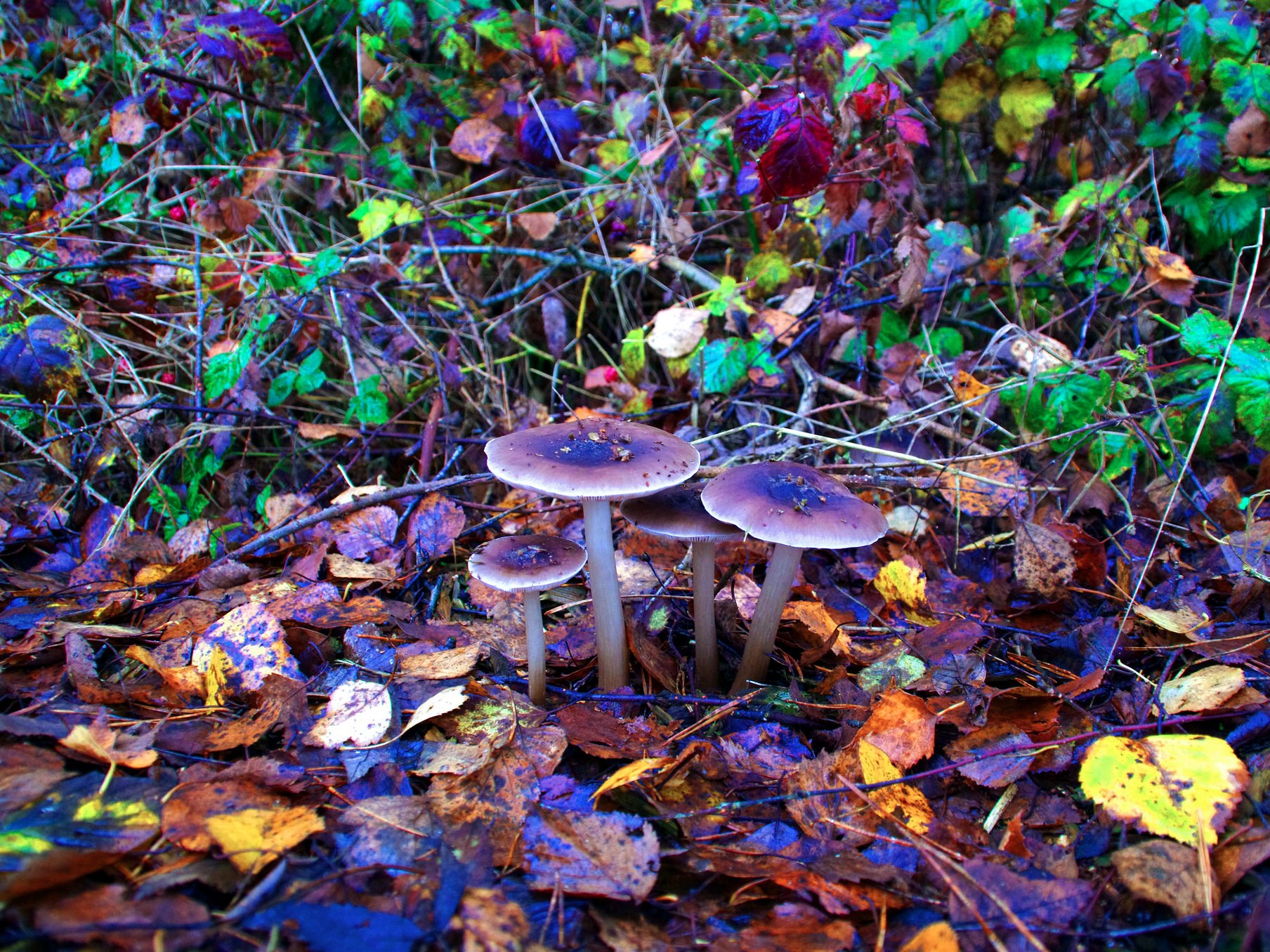Can ayahuasca treat depression and alcohol addiction?
By Niko Mann
Scientists from the University College London and the University of Exeter have found that a hallucinogenic plant called ayahuasca may be an effective treatment for depression and alcohol addiction. The study was published Wednesday in the Scientific Reports journal.
Researchers have found promising results for treating mental illness recently while studying other psychedelics such as LSD, mushrooms and now the ayahuasca plant. Ayahuasca is grown in the Amazon rain forest and is a mix of the Psychotria Viridis bush and stems from the Banisteriopsis Caapi vine.
Celia Morgan, a professor in the psychopharmacology department at the University of Exeter and one of the scientists conducting the study, said that “In this work, long-term ayahuasca use has not been found to impact on cognitive ability. Several observational studies have examined the long-term effects of regular ayahuasca use in the religious context. In fact, some of these observational studies suggest that ayahuasca use is associated with less problematic alcohol and drug use, and better mental health and cognitive functioning.”
The ayahuasca plant contains an ingredient called dimethyltryptamine, or DMT. The researchers conducting the study found that people who used ayahuasca had a better sense of wellbeing and functioned better than people who were not using ayahuasca the previous year. They also found that people using ayahuasca had reduced alcohol intake.
While the plant has some health benefits, it can also be dangerous and therefore not without controversy. The plant is currently illegal in the United States and the UK. Several tourists in South America have died after consuming the drug in drink form. Ayahuasca can cause violent vomiting along with hallucinations that last for several hours. Long term users are also more likely to suffer from mental illnesses, cancer and heart disease. However, the native people of South America have been using the plant for spiritual ceremonies for more than 5000 years.
credit:themaven.net

